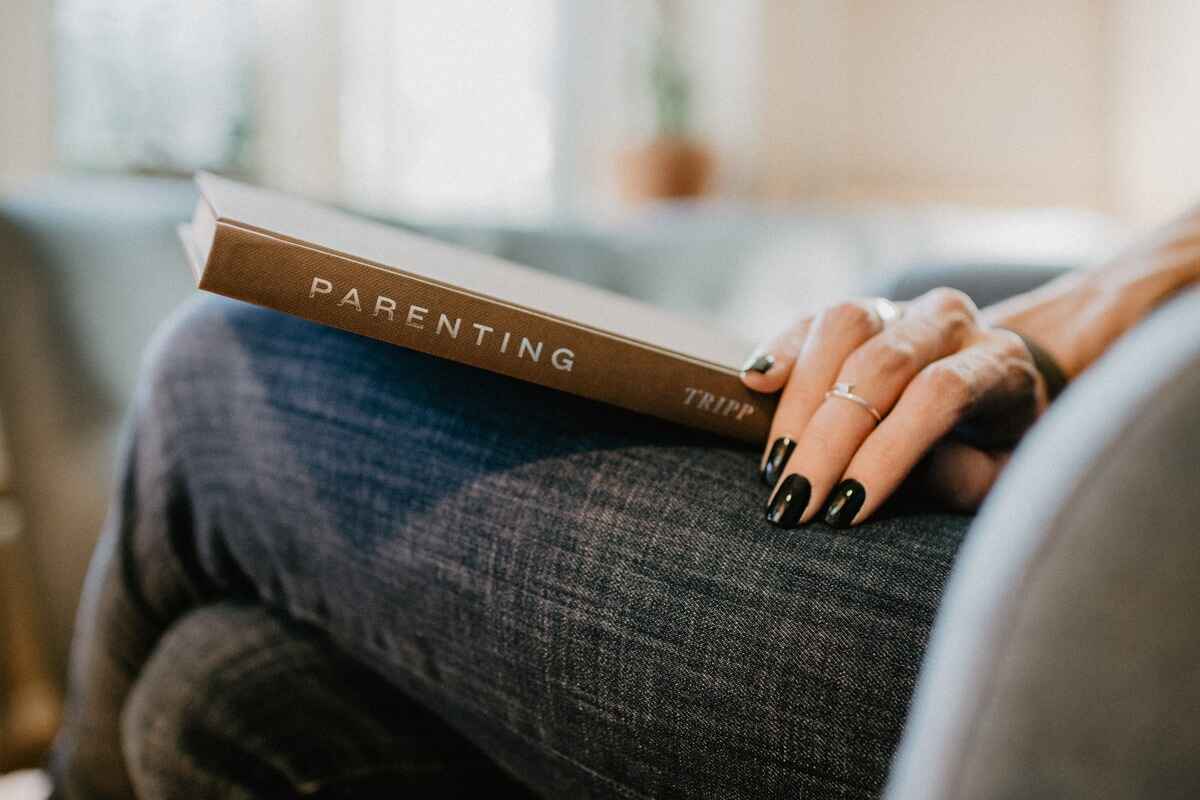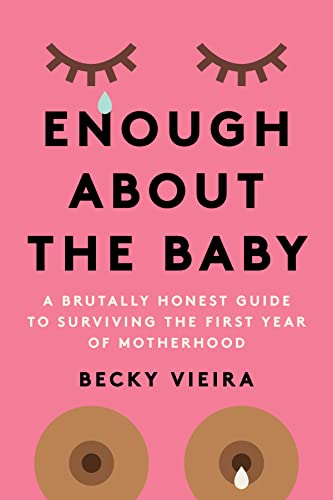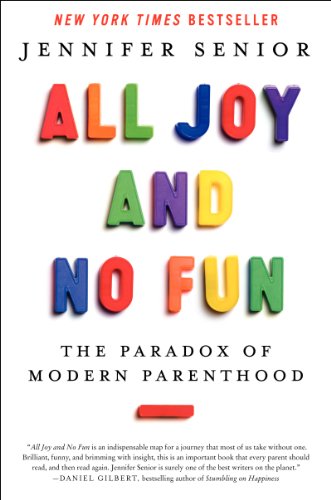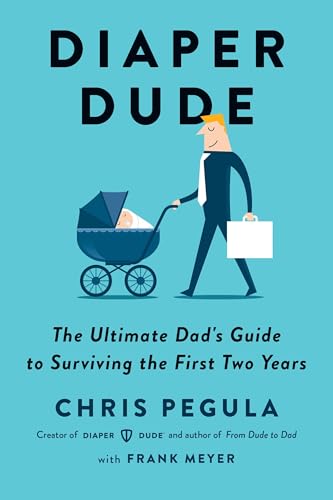While there are many books available that focus on the pregnancy period, the postpartum period can be quite challenging, and many new parents feel unprepared for the demands of parenting. Fortunately, there are many resources available to help new parents navigate this journey, including parenting books.
The best parenting books can help prepare new parents for what lies ahead. The significance of parenting cannot be overstated, and it is one of the most important jobs anyone can have. However, many people enter parenthood with little to no preparation. Parenting books can be incredibly helpful in filling this gap, providing guidance and insight into various parenting philosophies and methods.
Of course, no parenting book is a one-size-fits-all solution for every parent. It’s essential to keep in mind that every family is unique, and what works for one family may not work for another. By investing some time and energy into reading and learning, you can gain valuable insights and knowledge that will help you become the best parent you can be.
In This Article
HappyBabyHub’s Best Parenting Books For New Parents Picks
1. The Whole-Brain Child
- The point of the book, all science aside, is in dealing with certain child developmental features and behaviors by connecting with children directly
- The authors do a tremendous job of translating neurobiology and cognitive psychology into basic language for a general audience
- This book provides a unique opportunity to read about everyday situations with children and relate them quickly and easily to a neurobiological level
- Gives great examples throughout
- Though the authors say the book can be for direct childcare practitioners (such as teachers and daycare workers), the obvious target is parents
Daniel J. Siegel, a neuropsychiatrist, and Tina Payne Bryson, a parenting expert, present a revolutionary approach to child-rearing in this groundbreaking book. They offer 12 key strategies that promote healthy brain development and lead to calmer and happier children.
The book includes current scientific research on how a child’s brain develops and is wired, with a focus on the “upstairs brain” that manages emotions and decision-making, which is still developing until the mid-20s.
The writers provide age-appropriate strategies for overcoming everyday challenges, and the book includes illustrations to help explain these concepts to children. By applying the insights from this book to everyday parenting, parents can use each outburst, conflict, or anxiety as an opportunity to integrate their child’s brain and stimulate important growth.
2. How to Talk So Kids Will Listen & Listen So Kids Will Talk
- If you’re short on time, the summaries at the end of each chapter offer a good overview
- Easy to read and understand and with practice anyone can succeed
- This is not a book on becoming a push-over, letting your kids rule the home, or allowing children to become unruly and disrespectful
- The psychology behind the advice is clearly laid out
- The authors assume their methods will work for all children, no matter how challenging the behavioral issues. It would have been helpful if the authors had offered suggestions for what to do when their methods just aren’t working
Faber and Mazlish, widely respected authorities on parent-child communication, offer new perspectives and recommendations in addition to their tried-and-true strategies for resolving typical issues and laying the groundwork for enduring relationships.
The authors provide creative ways to deal with your child’s negative emotions, establish clear boundaries while upholding kindness, and recognize the difference between constructive and destructive praise. They also teach how to say what’s on your mind without hurting someone, take advantage of your child’s eager collaboration, and employ restraint-free options that encourage self-control.
Their straightforward and courteous approach is warmly welcomed by parents and professionals everywhere, making connections with kids of all ages less demanding and more gratifying.
3. Enough About the Baby
- This book is every new mom’s best friend and an important guide to the good, the bad, and the not-so-cute moments of motherhood
- This book is filled with useful information for the new mother
- Great as a baby shower gift
- This book changes the narrative so that every mom – first time or repeat – will feel seen and supported
- This is not about the baby, but more about the mom
Accepting that ordinary non-superhumans give birth to children will make our experience of parenthood less traumatic and more enjoyable. Becky Vieira provides practical advice to prospective parents on what to expect after giving birth and how to handle disappointments and difficulties.
Vieira draws on her personal experiences and conversations with parents and specialists to tackle difficult and taboo subjects such as dealing with nosy in-laws and a nervous husband, surviving the first postpartum poop, and seeking postpartum depression therapy. The hacks, tips, and tactics in this book are only known by experienced and wise moms.
Vieira even introduces readers to a “condcicle,” a comfortable ice pack for a bruised lower body. Vieira reminds readers that parenting should not be martyrdom and that prioritizing a new mother’s needs is not selfish.
4. Raising Good Humans
- Has a lot of helpful tips
- It’s a decent-sized book but not on the larger side
- If you are looking for a change or a guide with tools to help you actually make the change in your parenting and overall peace with life this is it
- Gives you strategies and helps you to know that you’re not the only one dealing with some of these things
- Some of the points are a bit preachy and overstated
Raising Good Humans can help you raise children who are compassionate, cooperative, and self-assured by breaking free from “reactive parenting” patterns. Parenting is a difficult job, whether you’re trying to convince your child to eat their veggies, dealing with a meltdown at the grocery store checkout line, or rushing to get to school on time.
Unfortunately, many parents respond to stressful situations without thinking and often end up screaming. But what if you could behave deliberately in those situations, maintain your composure, and navigate through them smoothly?
This book teaches effective mindfulness techniques for reducing your stress response when dealing with challenging emotions, cultivating courteous communication, efficient dispute resolution, and thoughtful listening. You’ll also learn to assess your harmful behaviors and ingrained responses that reflect generational norms established by your parents to break the cycle and interact more effectively with your children.
5. Caring for Your Baby and Young Child
- AAP is a great professional resource so you know it’s valid information and not biased
- Information provided by the most accurate and reliable source
- This book is a pretty general manual that dumbs it down to easy to understand
- It’s thicker than an encyclopedia but gives you info from pregnancy to year 5
- The first year takes up a lot of the book
The leading authority on children’s health offers a vital resource that pediatricians frequently suggest to all parents who want to provide their kids with the finest care possible. This advice covers everything from birthing preparation to potty training, from nursing to fostering your child’s self-esteem, and can be trusted by parents.
It provides solutions to typical children’s health issues and offers thorough guidance for handling emergency medical circumstances. The resource covers basic care from infancy through age five, including milestones for the development of the body, the mind, emotions, the social world, language, and movement.
It also offers prenatal and infant care recommendations with a focus on the mother’s diet, exercise, and screening tests, among other topics.
6. All Joy and No Fun
- Really interesting from a sociological standpoint
- Thought-provoking – great ideas to consider as a parent
- Very comforting
- This book is good if you are struggling with parenting, and looking to commiserate
- The main bulk of the book might leave you feeling overly informed and a little down on the idea of parenting
Jennifer Senior’s new book All Joy and No Fun questions the impacts of children on their parents rather than the other way around, which has been the focus of many previous books on parenting. She analyzes the various ways children alter their parents’ lives, including their relationships, employment, routines, interests, and social networks.
She argues that changes over the past 50 years have made the responsibilities of modern parents both more complex and less apparent.
To support her argument, Senior draws on a wide range of disciplines, including history, sociology, economics, psychology, philosophy, and anthropology. She examines both traditional and contemporary parenting styles before bringing her study to life by interviewing regular parents across the country.
Through vibrant and approachable storytelling, she follows these parents as they grapple with some of the most profound annoyances of parenthood, as well as some of its best rewards. The book features a series of remarkable family pictures, beginning with parents of young children and moving on to parents of teenagers.
7. Simplicity Parenting
- Some of the ideas are great and extremely useful
- Practical application
- A great format for following the steps to simplify
- The author understands the challenges of letting go of sentimental or expensive stuff and delicately motivates through
- The book discusses filtering out the adult world to reduce anxiety and not expose kids to adult worries
Family consultant Kim John Payne, who has gained international recognition, assists parents in reclaiming space and freedom for their children, which is essential for their attention to deepen and their personality to flourish, in a world that is faster-paced and busier than ever before.
According to Payne, children who have too many things, too many options, and not enough time may experience anxiety, social difficulties, and even behavioral issues. This book offers inspiration, advice, and a plan for change to help parents simplify their children’s lives.
8. Diaper Dude
- A good book for little tips like the “parenting hacks” scattered through the book
- Very informative in a funny, easygoing way
- A great gift to a new cool dad
- Speaks to you in a way that you will understand easily without feeling bombarded in a medical way
- Most parts are written in a casual way
Chris Pegula, the author and creator of the popular parenting brand Diaper Dude, takes over from where From Dude to Dad left off, and shares his strong belief that fathers do not have to lose their identity while raising their children, in his latest book.
The book is an easy-to-understand guide for new parents, blending practical advice, tips on avoiding common mistakes, and insights from a father who has not lost his sense of self. Pegula uses his relatable writing style to share humorous anecdotes and wisdom from his own experiences as a parent.
Diaper Dude covers a broad range of topics, including bonding with your child, babyproofing your home, resuming your sex life, and managing your child’s tantrums during toddlerhood. Additionally, it provides tips on teaming up with your partner to handle all of the demands of parenting.
The book also includes valuable information, entertaining stories of fatherhood, a touch of psychology and science, as well as interesting side notes.
9. Good Inside
- She is clear and relatable in basically every way
- This book is so well written with not just tools to help understand what’s going on with kids but practical ideas and actual words and sentences to use to help these situations
- A lot of useful advice
- Easy to understand and implement her strategies that actually work and make you feel good
- As with all advice, take what works and modify what doesn’t
Dr. Becky Kennedy, also known as “Dr. Becky” to her followers, has led a parenting movement for several years. Millions of parents have embraced Dr. Becky’s powerful and successful method, which prioritizes connecting with children over criticizing them, as they are tired of following advice that doesn’t work or doesn’t feel right.
For a long time, parents have been sold an ineffective style of childrearing. Common parenting techniques, such as incentive systems and time outs, focus on modifying behavior rather than promoting human development. These methods do not help children develop the life skills they need or consider their nuanced emotional needs.
It is easy to see why many parents feel confused, exhausted, and worried that they are failing their children, given the challenging relationships that parents have with their own upbringing. In Good Inside, Dr. Becky outlines her parenting philosophies along with practical advice to help parents transition from doubt and blame to confidence and strong leadership.
10. The Book You Wish Your Parents Had Read
- This is a phenomenal book about our range of emotions, about the awareness and the ability to label our feelings
- The book is also about empathy, about understanding where people’s behaviour are coming from
- It’s about acknowledging our kids’ feelings, the balance between praising and criticising
- Very practical application
- Unlike any other parenting book, this book’s aim is to first analyze (and maybe fix) us first, before we can teach our kids about healthy emotions and relationship
Lading psychologist Philippa Perry provides valuable insights on the dos and don’ts of relationships. This book is essential reading for everyone who wants to deepen their understanding of how to handle their child’s emotions, how their own childhood experiences may be affecting them, or how to support their partner.
Perry offers practical and wise advice without judgment, making this book a valuable tool for building strong bonds with those who matter most to you. On the pages of this book, readers will find invaluable knowledge and guidance on various topics related to relationships.
You Might Also Like: Pregnancy Journals For First Time Moms
How To Choose The Best Parenting Book?
- Look for books that align with your parenting style and values. Consider if you prefer a specific approach, such as attachment parenting or positive discipline, and look for books that reflect that.
- Read reviews and recommendations from trusted sources, such as friends, family, or parenting websites. Check for feedback on the author’s qualifications, writing style, and the effectiveness of the advice given.
- Consider the age range of your child and the specific challenges you’re facing. Some books may focus on specific stages, such as the newborn period, toddlerhood, or adolescence, while others may address general parenting issues.
- Look for books that offer practical advice and actionable tips rather than just theory or generalizations. Consider if the author provides real-life examples, exercises, or worksheets to help you apply the advice to your own situation.
- Check if the book is evidence-based and backed by research. Consider if the author has credentials in child development, psychology, or related fields.











